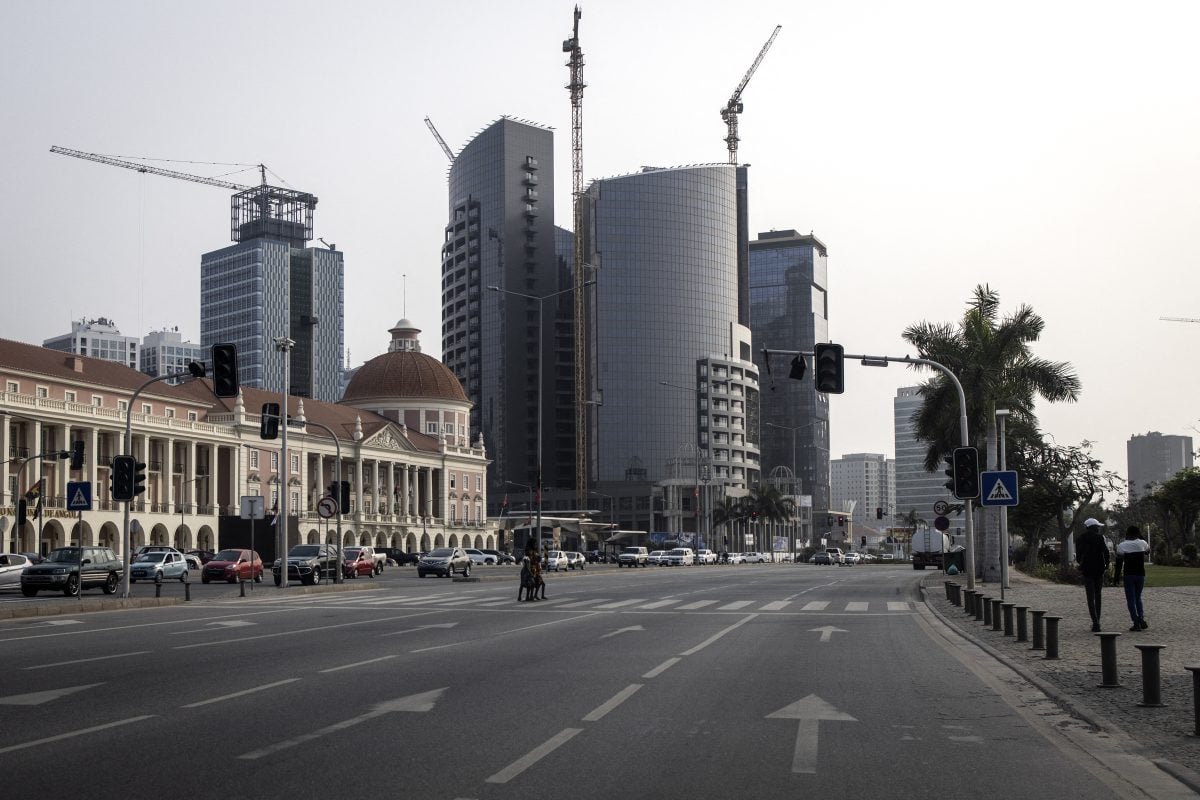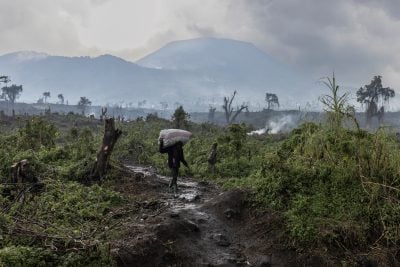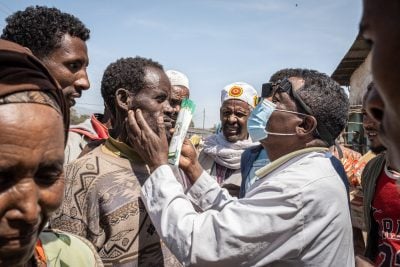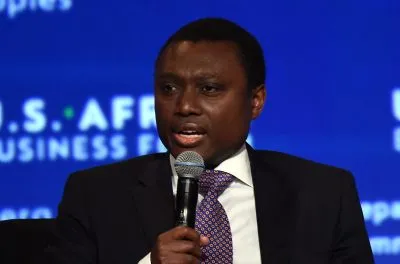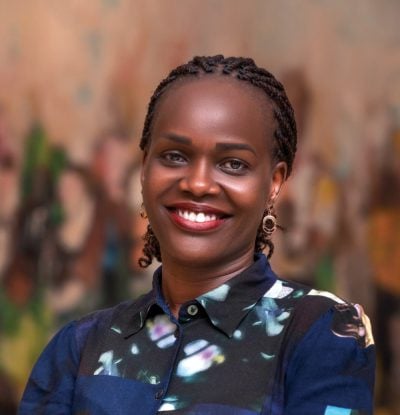African Trade & Investment Development Insurance (ATIDI) marked a significant milestone in its institutional journey at its 25th annual general meeting (AGM), held from 18 to 21 June 2025 in Luanda, Angola. Themed “Turning Risk into Opportunity, Securing a Sustainable Future”, the gathering brought together high-level representatives from 24 African member states, as well as 13 institutional shareholders, development finance institutions and strategic partners.
Hosted by Angola, the AGM served as both a reflection on the past and a recalibration for the future, highlighting ATIDI’s mission to reshape how risk is managed and perceived across the continent. The event brought into sharp focus the pressing need to reframe risk perception on the continent and to secure sustainable financing for Africa’s future.
Since its establishment in 2000, ATIDI has emerged as a cornerstone of African development finance, has provided critical political and commercial risk insurance to unlock trade and investment. Angola’s decision to host the AGM – shortly after joining ATIDI in 2023.
ATIDI has already supported infrastructure development worth over $2bn in Angola, focused on water supply, energy and gas projects that directly improve livelihoods and create jobs. Speaking at the event, ATIDI chairman Kelly Mua Kingsly said the institution’s creation 25 years ago was born of a belief in pan-African cooperation. “In the year 2000, ATIDI was born from a bold and visionary idea: that, by working together, African countries could overcome the barriers of risk that had long deterred trade and investment. It was a belief in regional solidarity, shared prosperity, and the power of partnership,” he said.
ATIDI has supported more than $88bn in trade and investment flows. With its capital base growing to $791.5m by the end of 2024 – a 13% increase – ATIDI aims to cross the $1bn mark within three years. “We are more than just an insurer,” said Kingsly. “We are a trusted partner in Africa’s development journey, a catalyst that connects perception with potential, and risk with opportunity.”
‘Bold, informed and strategic investment’
Chief executive officer Manuel Moses echoed the sentiment in his opening remarks, noting that ATIDI’s core mission is to turn African risk into opportunity. “Our impact is grounded in a commitment to driving resilient, inclusive and forward-looking growth across the continent,” he said. “Africa’s future will not be built through risk aversion, but through bold, informed and strategic investment with risk.”
While ATIDI’s 2024 performance demonstrated resilience, it also reflected the challenges of the broader economic environment. Insurance revenue rose to $158.9m, and investment income surged by 45% to $29.8m. However, results from insurance services dropped by 36% to $34.7m, and profit fell by 14% to $59.5m due to higher claims. Nevertheless, Moses affirmed that standing by clients in difficult times was part of ATIDI’s mandate. “Despite these pressures, we strengthened our foundation,” he said.
Preferred creditor status (PCS) emerged as a key theme at the AGM, with numerous speakers affirming its role in enhancing Africa’s risk profile. PCS ensures that ATIDI’s claims are prioritised in the event of a payment default, reassuring global reinsurers and investors. Angola’s minister of finance, Vera Daves De Sousa, described PCS as “a unique strength” that boosts ATIDI’s operational efficiency and investor confidence. She added that risk should not be shunned but “understood, shared and managed wisely,” with institutions like ATIDI playing a central role.
Moses underscored the importance of PCS to ATIDI’s derisking model. “PCS is key to securing reinsurance capacity from global markets, with more than 85% of our gross exposure reinsured,” he explained. It also protects ATIDI’s investment-grade credit ratings, enabling it to access capital markets competitively. “It is not just a legal principle; it is fundamental to our ability to deliver on our mandate,” he said.
In terms of product innovation, ATIDI is expanding its reach through initiatives aligned with environmental, social and governance (ESG) goals. Its Regional Liquidity Support Facility (RLSF) is backing renewable energy projects, having mobilised over $323m and supported nine projects generating nearly 182 MW of clean energy across four countries.
Another key initiative is the Portfolio Risk-Sharing Arrangement (PoRSA) programme for small and medium enterprises (SMEs), which promotes inclusive growth by working with local financial institutions to support SMEs – especially those led by women and operating in agriculture or cross-border trade. ATIDI provides credit risk insurance to lenders, thereby encouraging them to offer financing to under-served but crucial sectors of the economy.
ATIDI is also advancing regional integration through the Regional Customs Transit Guarantee Scheme (RCTG). In partnership with Africa-Re, Afreximbank, the Common Market for Eastern and Southern Africa (COMESA) and its reinsurer ZEP-RE, the scheme reduces barriers to intra-African trade by eliminating the need for separate transit guarantees in each country. It streamlines trade logistics and aligns with the African Continental Free Trade Area (AfCFTA) agenda.
In recognition of its growing role, ATIDI was named Development Finance Institution of the Year at the 2025 African Banker Awards in Abidjan. “This recognition is not just a trophy,” Moses said. “It is a tribute to every shareholder, partner and colleague who shares in our journey and impact.”
Throughout the AGM, roundtable sessions featured leading voices from finance, policy and business, all calling for a paradigm shift in how African risk is priced and managed.
Grappling with affordable financing
In the first roundtable – “Managing African Risk and Capital Mobilisation” – speakers grappled with the continent’s enduring challenges in attracting affordable financing. Gabrielle Reid of Pangea-Risk said that while global growth forecasts had been downgraded, Africa remained resilient, with projected growth second only to Asia. However, she warned that shifting US trade policies were prompting a rethink of Africa’s global partnerships.
Reid noted that intra-African trade reached $192bn in 2024, up 7.2% on the previous year, and is set to rise further with AfCFTA’s support. “These risks present an opportunity for African countries to chart a new path,” she said, highlighting diversification towards China, India, Turkey and the UAE.
Samira Mensah of S&P Global stressed that low sovereign credit ratings stem from structural weaknesses, not just perception. “African sovereigns are particularly sensitive to shocks because of their economic structures and the lack of fiscal and external buffers,” she said. She called for strong macroeconomic policies, transparent data and credible institutions to improve ratings and investor trust.
Lazard’s Schwan Badirou Gafari added that Africa’s cost of capital often does not reflect true risk. Only two African countries hold investment-grade ratings. “The perception of risk is higher than the fundamentals warrant,” he said. He urged African countries to utilise tools like private placements and ESG-linked financing to manage costs more effectively.
Rand Merchant Bank’s Takunda Pongweni addressed how sovereign risk affects corporates. He cited Dangote, Safaricom and Standard Bank as examples of firms disadvantaged by their national credit ratings. “We are custodians of public trust,” he said of the banking sector’s conservative approach. To improve access to capital, his bank had built deep relationships with investment hubs in the US, Dubai and London.
ATIDI’s own senior underwriter, Annabelle Buzingo, highlighted how the institution is mitigating risk and lowering costs through credit enhancements. She pointed to ATIDI’s role in the $910m Bita water project in Angola, guaranteed in partnership with the World Bank, as an example of effective derisking. “This is how ATIDI helps its member countries achieve development outcomes,” she said.
Cost of capital
The second roundtable focused on “Reducing the Cost of Capital through Innovation.” Patrick Olomo of the African Union (AU) Commission warned that despite ongoing reform efforts, the cost of capital remains unsustainably high. He cited an annual loss of $587bn from poor risk perception, corruption, illicit financial flows and profit shifting. He called for AU-led global advocacy to tailor financial instruments to Africa’s realities and praised the AU’s Alliance of African Multilateral Financial Institutions (AAMFI) as a unifying force.
Claudia Lopes of Crown Agents Bank pointed out that blended finance structures were a valuable solution for improving pricing and enabling more collaboration among banks, DFIs and multilateral partners. “Insurance is a very powerful enabler for trade finance,” she said, especially in highly regulated markets.
John-Martin Ndawula of the Africa Finance Corporation (AFC) spoke about using the institution’s investment-grade rating to structure affordable financing. He cited Egypt’s 2023 Samurai bond deal, where AFC acted as re-guarantor, as an example of using innovation to bring down borrowing costs. Ndawula also stressed the importance of developing local capital markets, pointing to Nigeria’s InfraCredit as a promising model.
Leonard Kange of Nigeria’s Bank of Industry said the high cost of finance for SMEs remains a challenge. In 2024 the BOI raised €2bn through a structured deal that used AFC guarantees to bypass the penalties associated with Nigeria’s sovereign rating. “Innovative structured solutions and partnerships are required,” he said, adding that such deals help deploy capital sustainably.
Dalvim Pipa of Angola’s Capital Market Commission reflected on efforts to develop Angola’s capital markets, which remain dominated by public debt. Since 2022, privatisation and new financial instruments have been introduced to promote competition and reduce capital costs. However, he acknowledged that cultural hesitancy around market participation remains an obstacle. “We are trying to break the existing culture of fear by sharing information and engaging more actively with potential investors,” he said.
Power of partnerships
In his closing remarks, Benjamin Mugisha, chief underwriting officer at ATIDI, praised the quality of dialogue throughout the AGM. He said a level playing field was essential if African nations were to raise finance on sustainable terms. Mugisha thanked the government of Angola for hosting and all stakeholders for contributing to rich and thought-provoking discussions.
ATIDI’s journey over the past 25 years illustrates the power of partnerships and regional solidarity in tackling the continent’s structural barriers.
Whether supporting mega infrastructure projects, derisking cross-border trade, or enabling SME finance, ATIDI believes that risk, when understood and managed, can be a powerful driver of opportunity.
Want to continue reading? Subscribe today.
You've read all your free articles for this month! Subscribe now to enjoy full access to our content.
Digital Monthly
£8.00 / month
Receive full unlimited access to our articles, opinions, podcasts and more.
Digital Yearly
£70.00 / year
Our best value offer - save £26 and gain access to all of our digital content for an entire year!
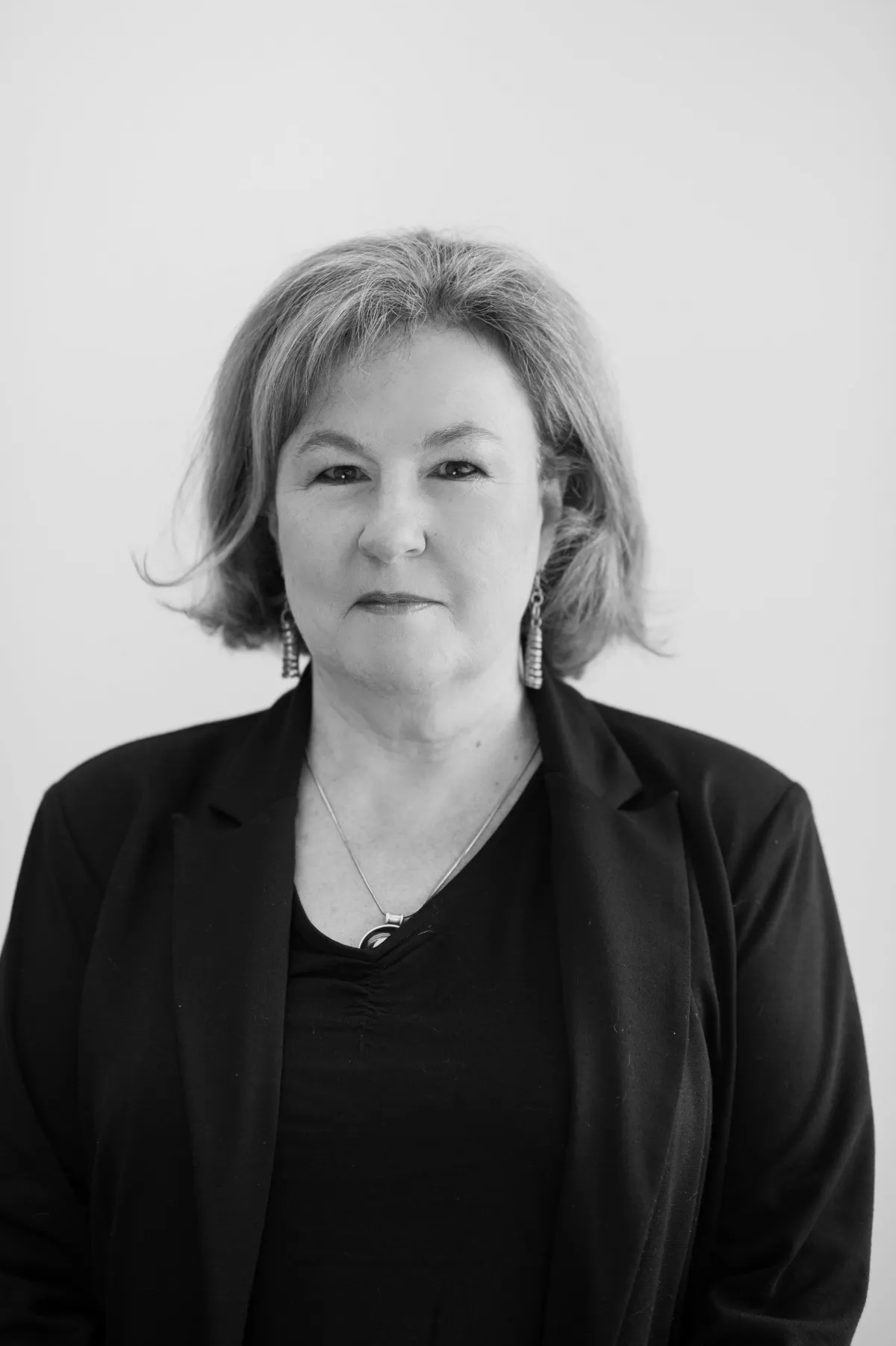
 Sign in with Google
Sign in with Google 